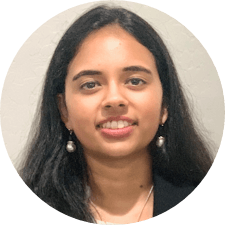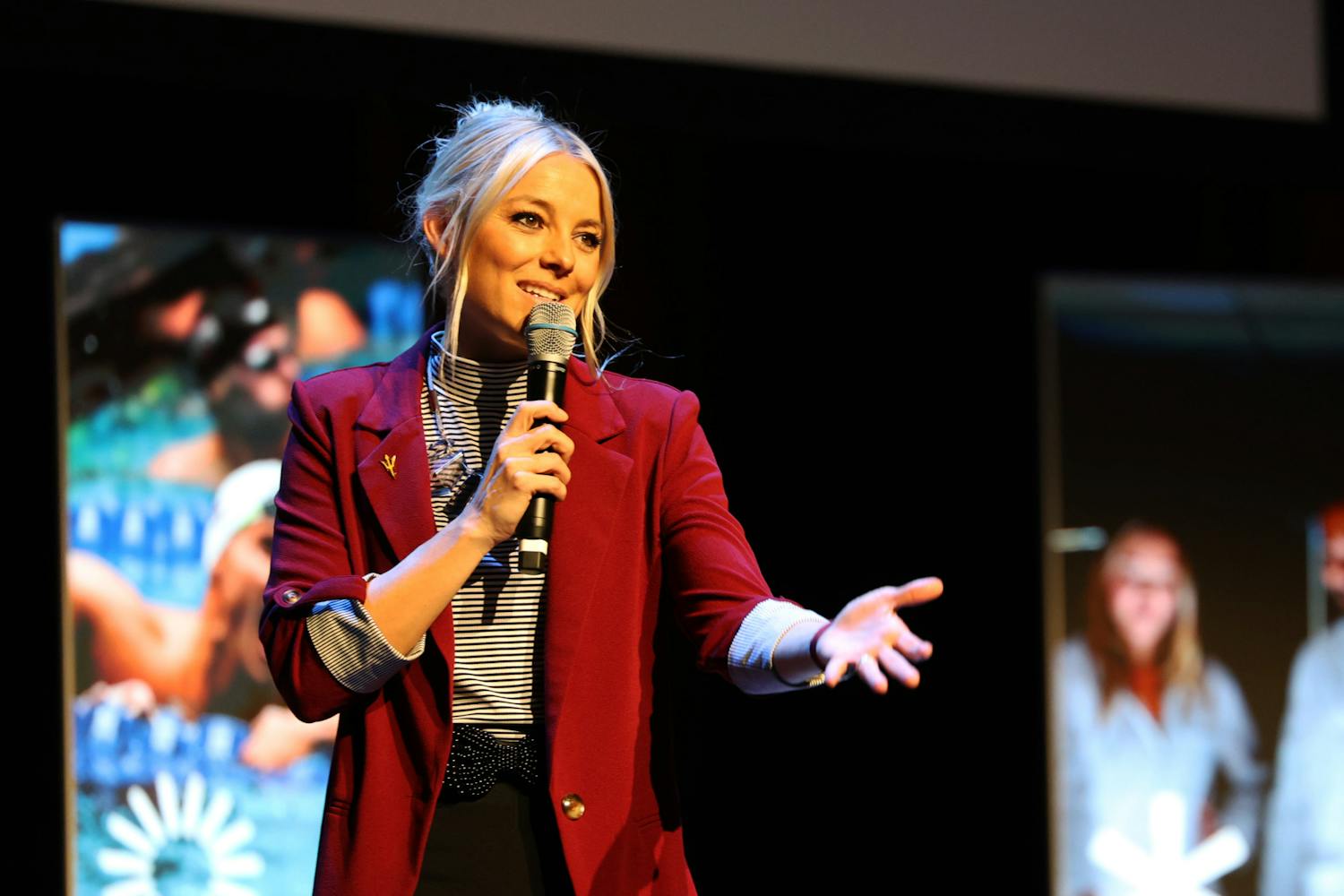ASU is offering new majors, minors and certificates for undergraduate, graduate and online students beginning this fall semester. The new programs are in a variety of fields, from aging and health to American studies.
Undergraduate Programs
Between immersion and online programs, undergraduate students have several new majors and concentrations to choose from, many of which are in the STEM field. Two of these are the bachelor's degree in counseling and applied sciences and the bachelor’s degree in data science.
The new counseling degree program will teach students about diagnosing patients experiencing substance abuse and addiction. The data science major covers issues like spotting online credit card fraud and other fraudulent payments.
Mark Hannah, associate professor of English and director of the new writing, rhetorics and literacies minor, said the minor was created to address students' interests in developing effective communication skills, no matter their major.
"We see this as an opportunity to broaden our expertise with the community and invite students in it to take these courses and think through the ways in which communication operates for them," Hannah said.
Graduate Programs
Several colleges have come together to create new programs that reflect an interdisciplinary learning approach, such as the educating multilingual learners concentration in the master's in education program, and the master of science in modern energy production and sustainable use.
The American studies master's degree offered by the School of Social Transformation, another interdisciplinary program, places emphasis on America’s identity, diversity, history and politics.
Sujey Vega, associate professor of women and gender studies and interim lead of American studies, said the American studies program will examine how America’s history, culture and geography influence the present and future of America’s identity.
Vega said the program will bring together the disciplines of culture, race, history, English and geography.
“We’re putting them into conversations with each other, which I think is a really good strength for ASU," she said.
Vega said she hopes the program brings students and faculty together to hold critical conversations about prominent issues in the U.S. such as race and the pandemic.
"You might take a history course and an English course and they are both talking about the U.S., but you can easily see how they could even talk to each other," Vega said.
The new classical liberal education and leadership master's degree offered by the School of Civic and Economic Thought and Leadership combines the study of mathematics and philosophy and applies them in the study of classic texts.
Another new interdisciplinary program, the master of science in innovation and venture development, is a combined effort from the Herberger Institute of Design, Ira A. Fulton School of Engineering and W. P. Carey School of Business.
Jackie Collens, the graduate coordinator for the master of science in innovation and venture development, said students in the program will get experience-based learning by creating business ventures under guidance of professors from the three schools.
“The idea behind the creation of the program is the desire to give students more of a hands-on experience through launching a venture, but allowing them to do so in an academic setting,” Collens said. "When they get into the real world, they aren't just working specifically with people from one discipline."
New programs and COVID-19
Many of the new programs take on a different meaning given the impact of COVID-19, encouraging adaptability as well as professional development.
The pandemic has also played a role in holding more conversations about issues such as race and health care.
"I think that there is a hunger in the nations even across Asia and other places to have these conversations and incorporate help," Vega said.
Collens said these new changes will serve as lessons for students to expand their horizons and think outside the box.
“There are definite obstacles to adapting in that mixed environment of instruction, but I think that really it will give opportunities for the students in the get-go to have to overcome an obstacle and use their creativity and innovation,” Collens said.
Correction: A previous version of this article incorrectly quoted Vega, swapping the word “conversations” with “competition.” The article was updated at 12:20 a.m. on Sept. 4 to reflect the change.
Reach the reporter at anatar12@asu.edu or follow @AnushaNat1 on Twitter.
Like The State Press on Facebook and follow @statepress on Twitter.





